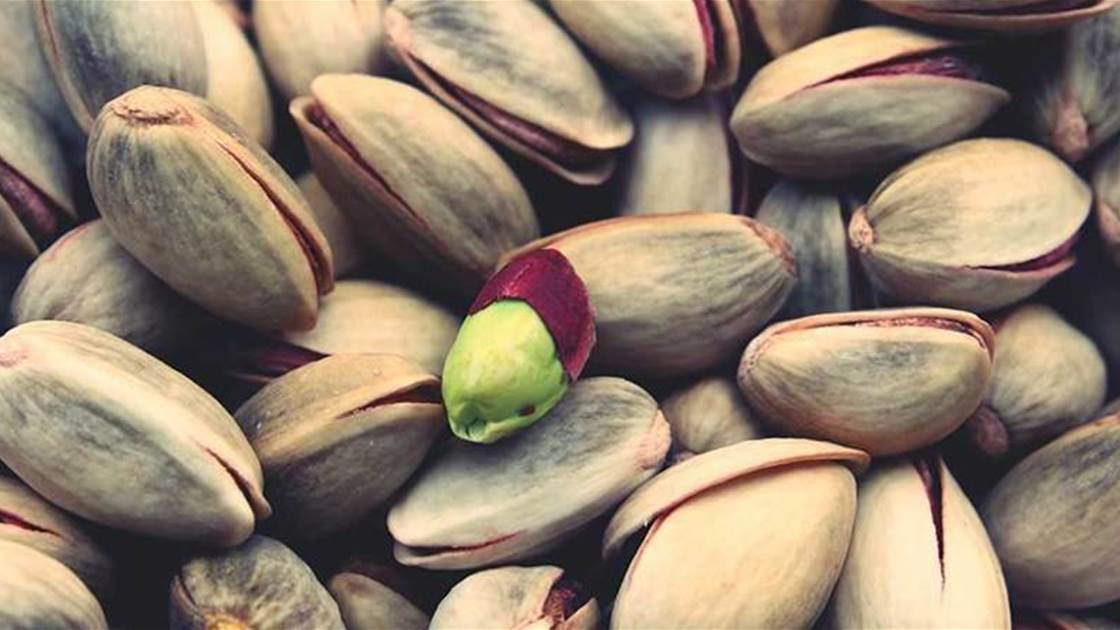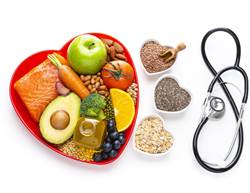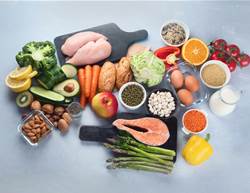We’ll hazard a guess that since the phrase “gut health” hit headlines, you’ve been seriously spooning natural yoghurt for its happy tummy effect. But have you given a thought to prebiotics? No, that isn’t a typo!
“A prebiotic is a type of short-term carbohydrate fibre that must pass through the gastrointestinal tract undigested,” explains Dr Jane Muir, head of translational nutrition science at Monash University. “It helps stimulate growth of ‘good’ bacteria.”
While both pre- and probiotics boost the balance of good bacteria, they do so in different ways. Probiotics are the living microorganisms that keep our digestive system happy—they’re available in foods like yoghurt or supplements. The challenge? Keeping them alive for long enough to have an effect.
Enter prebiotics. Rather than introducing new bacteria, they feed the existing ones, encouraging them to multiply. “So they’re about providing the best food to the beneficial bacteria in your gut,” adds Muir.
Why all this matters? A healthy gut means a healthier you! The role of probiotics has been more extensively researched, says Muir, but studies on the role of prebiotics have indicated they might boost mineral absorption and reduce inflammation.
The best part? Your dinner likely already includes them. Think garlic, onion, Jerusalem artichokes, legumes, pomegranate, peaches, plus barley, rye and pistachios. Bonus: these fibre-rich foods help keep us regular.
But remember this is just one part of gut health, says accredited practising dietitian Emily Burgess. Fill up on wholefoods, stay hydrated, exercise regularly and minimise stress levels for a gut that’s in great shape!










